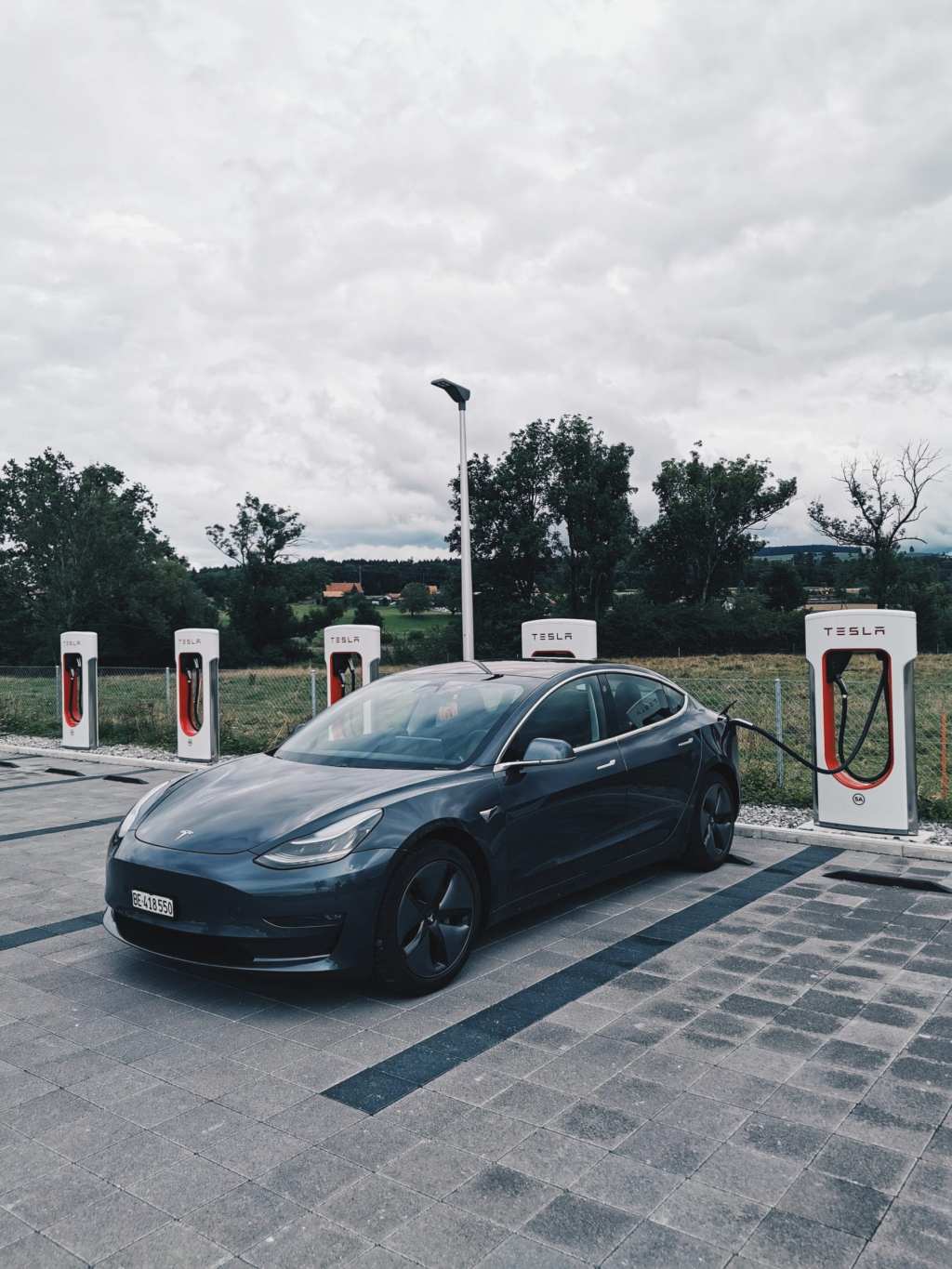Elon Musk is no stranger to making…ahem…large claims.
Back in April, the outspoken entrepreneur raised eyebrows with his claim that Tesla electric cars would feature a battery capable of achieving 1 million miles in its lifetime. Apparently that day will soon arrive.
While current Tesla vehicles boast a battery lifespan of about 300,000-500,000 miles, technological innovations will make that look like a short trip to the grocery store. In September, a group of battery researchers from Dalhousie University published a paper in The Journal of Electrochemical Society detailing a fascinating new battery that could revolutionize the industry. According to the paper, a lithium-ion battery capable of powering an electric vehicle for more than 1 million miles while losing only 10 percent of its energy capacity in its lifetime is very much a possibility.
Spearheaded by world-leading lithium-ion battery researcher Jeff Dahn, the group found that the battery far outpaced any of its predecessors and suggested that this million-mile battery could be a fantastic fit for two of Tesla’s current projects: self-driving robotaxis and long-haul electric trucks. Those two vehicles would be natural fits for the long-lasting battery, as they would be utilized for significant commuter mileage.
While the findings are indeed impressive, Dahn and his colleagues provided some insight that suggests that this million-mile battery is only the beginning in what looks to be a significant breakthrough.
“Full details of these cells including electrode compositions, electrode loadings, electrolyte compositions, additives used, etc. have been provided,” Dahn and the rest of his research group explained in the paper. “This has been done so that others can recreate these cells and use them as benchmarks for their own R+D efforts.”
Despite the exclusivity agreement between Tesla and the university, the detailed release about the battery suggests that Musk’s company is already ahead of the game. That notion, which was put forth by a former member of Dahn’s research team, was further confirmed when Tesla filed a patent for a lithium-ion battery eerily similar to the one described in the research paper. And if you want to play more detective and connect the dots, Dahn is listed as one of the inventors.
How is the Million-Mile Battery Made?
So what’s the secret behind this battery’s lifespan? Apparently the the recipe isn’t completely revolutionary, but it does rely on a few tweaks to industry-standard ingredients.
Dahn and his team optimized commonly utilized elements like lithium nickel manganese cobalt oxide (NMC) and artificial graphite that resulted in major performance improvements. The battery also includes an electrolyte additive called ODTO that both improves performance and reduces costs. The researchers also changed the nanostructure of the battery’s cathode by utilizing larger crystals to reduce the chances of cracks developing while charging.
The resulting battery can not only store more energy, but it also lasts longer. That actually proved to be a revolutionary improvement for the electric car industry, as there is typically a trade-off between energy density (how far you can drive on a single charge) and battery lifespan (how many charges you can get out of a battery before it stops working).
Tesla’s Plans for the Million-Mile Battery

Photo Credit: Unsplash
Though (some) current Tesla cars can achieve an industry-leading 370 miles per charge, Musk’s demand for a longer-lasting, higher-powered battery is necessary for the development of robotaxis and long-haul electric trucks. With a battery that can be charged and depleted at least 4,000 times, achieving 1 million miles appears totally feasible for vehicles that will be tasked with traveling significantly more than the average electric vehicle.
According to Shirley Meng, who runs the Laboratory for Energy Storage and Conversion at University of California San Diego, Tesla’s competitors continue to work towards building batteries with an even higher energy density. The key to ultimate performance, however, will be perfecting the formula of higher energy density paired with high-performing additives and electrolytes.
While the average consumer may not understand the science behind better battery life, one thing is for certain: Tesla vehicles will be armed with a million-mile battery sooner rather than later.






